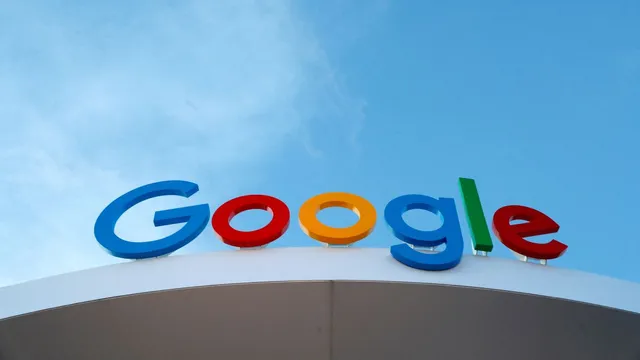- By Alex David
- Tue, 03 Jun 2025 05:42 PM (IST)
- Source:JND
Google has had to agree on compliance commitments to avoid protracted legal battles because they are under increasing scrutiny from courts and regulators. Google’s spokesperson stated, “Over the years, we have devoted substantial resources to building robust compliance processes. To avoid protracted litigation, we're happy to make these commitments.”
The commitments stem from a consolidated derivative litigation that involves combined shareholder lawsuits claiming that Google has tried to kill the company’s future using anticompetitive monopolistic business practices.
Origins of the Shareholder Lawsuit
This litigation goes back to 2021 when a Michigan pension fund filed a suit against Google’s parent company, Alphabet. The Fund claimed that because of the way Google was doing business, it would soon be facing an onslaught of antitrust lawsuits that would ultimately decimate a shareholder’s value. The case has gained significant attention since Google has been losing key antitrust trials that add momentum to the core claims.
ALSO READ: Pixel 10 Pro Leak Reveals Design, Specs, And August 20 Launch Date
Google’s Antitrust Defeats: A Timeline
In the past two years, Google has been hit by a trio of significant antitrust losses:
- Epic Games vs Google (2023)
In the case, Google was found liable for anticompetitive conduct in the distribution of applications which is a huge loss to the operations of the Google Play Store.
- DOJ Search Monopoly Case (2024)
Following the claim that Google has a monopoly on searches, the DOJ has confronted Google for “Maintaining a Search Monopoly”— Google’s claimed proprietary impenetrability over their search function.
- Advertising Antitrust Case (2025)
All flagship ads have been deemed anticompetitive, gouging Google’s chief revenues, which—surprise!— flags their income.
ALSO READ: YouTube Confirms Bug In Android App Causing Navigation Bar Buttons To Disappear
Potential Consequences for Google
These court losses may result in multi-billion dollar fines and sweeping changes to Google’s core businesses, including:
- Opening Google Play to third-party app stores
- Sharing advertising data with competitors
- Licensing its search index to rivals
- Possibly divesting from the Chrome browser
While these reforms aim to foster market competition, they also reflect the broader consequences of Google's dominant market position over the years.
Google Settling Lawsuit with $500 Million
Under the terms of a settlement obtained by Bloomberg Law, Alphabet will spend $500 million over 10 years to implement reforms that will strengthen its regulatory compliance and antitrust risks, in a rare move among US firms. They must form a board-level committee dedicated to overseeing regulatory compliance and antitrust risk that reports directly to CEO Sundar Pichai; other reforms allow employees to identify potential legal pitfalls before they threaten the company; additionally they have agreed to preserve communications despite criticism from various judges overseeing antitrust cases regarding its practice of auto-deletes being deleted automatically by Google during this timeframe; these changes come as they come from being placed under stricter oversight by Google itself in response to various antitrust investigations by authorities in charge.
At this point, Alphabet still needs approval from US District Judge Rita Lin in San Francisco; this should largely be a formality at this stage. Under its terms, the settlement agreement does not admit to any wrongdoing by Alphabet; however, legal fees could exceed its commitment of $500 million investment.
Conclusion
As time continues and Google confronts fresh waves of uncontrolled scrutiny, coupled with pending Subcia's lawsuits challenge shares issues, they hover like sharks—riskless poles due. Google stands towards them and must alter their business or face a strike the moves may be pre-established.

